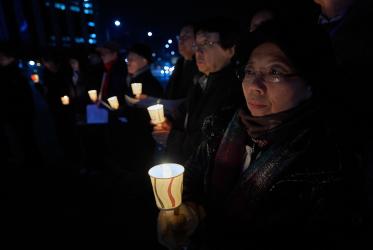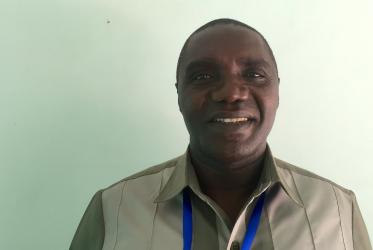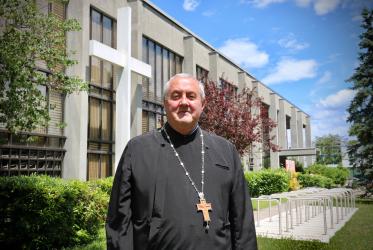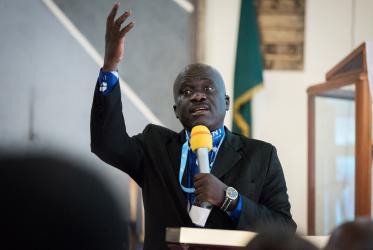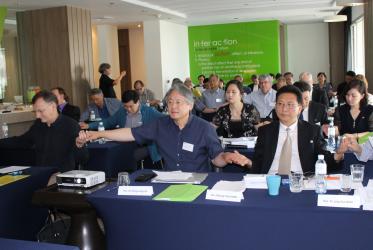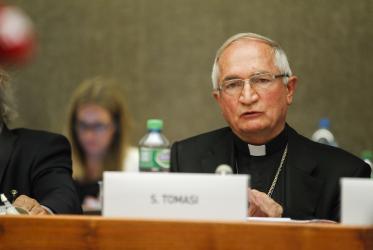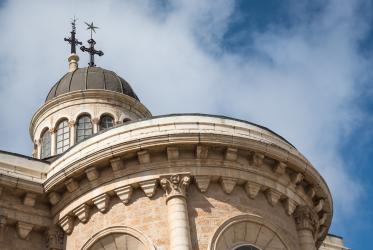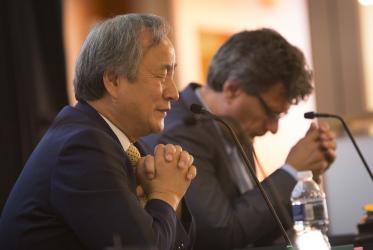Displaying 21 - 40 of 49
In Lebanon, “without peace there is no justice”
21 July 2021
Peace and unity on the Korean Peninsula matters globally
25 February 2021
Bishop Hee-Soo Jung: “Prayer is a radical action”
11 December 2020


